Medicare Appeal Letter Template for Easy Claim Approval
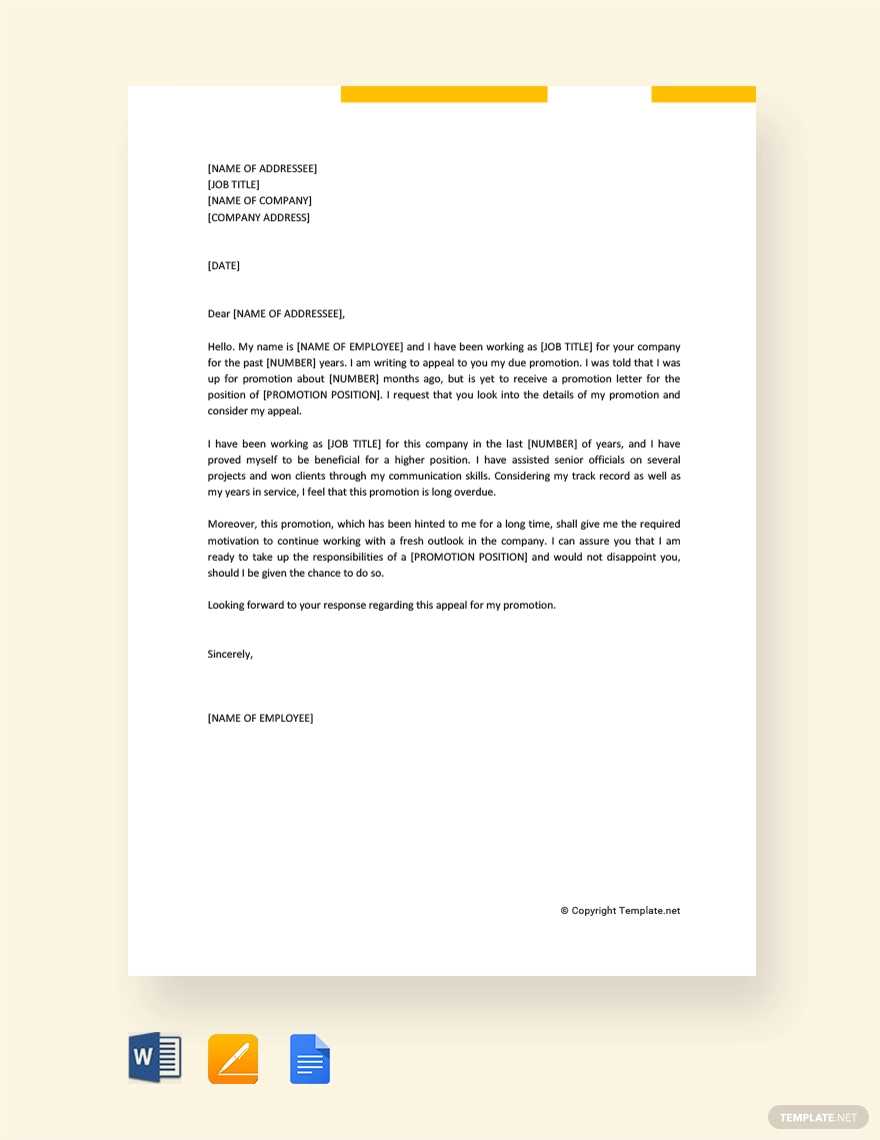
When you receive an unfavorable decision from your health insurer, it’s possible to contest it with a formal request. This process involves submitting a written document that presents your case in detail. Crafting a well-organized submission increases your chances of having the initial decision reversed or reconsidered. Below is a guide on how to structure and compose this crucial correspondence effectively.
Key Information to Include
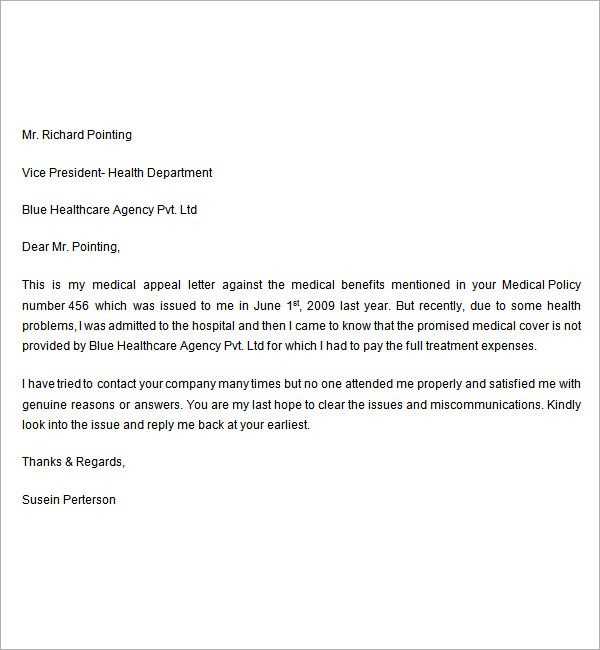
Before starting, gather all relevant details. The submission should outline the specifics of the decision, your personal health information, and any supporting evidence. Here’s what should be included:
- Claim or decision reference number: Always include this to ensure your request is matched to the correct case.
- Detailed explanation: Describe why you believe the decision is incorrect or unjustified.
- Supporting documents: Attach any medical records, prescriptions, or other relevant paperwork that can strengthen your argument.
- Your contact information: Make sure your name, address, and phone number are easy to find in the document.
Structuring Your Request
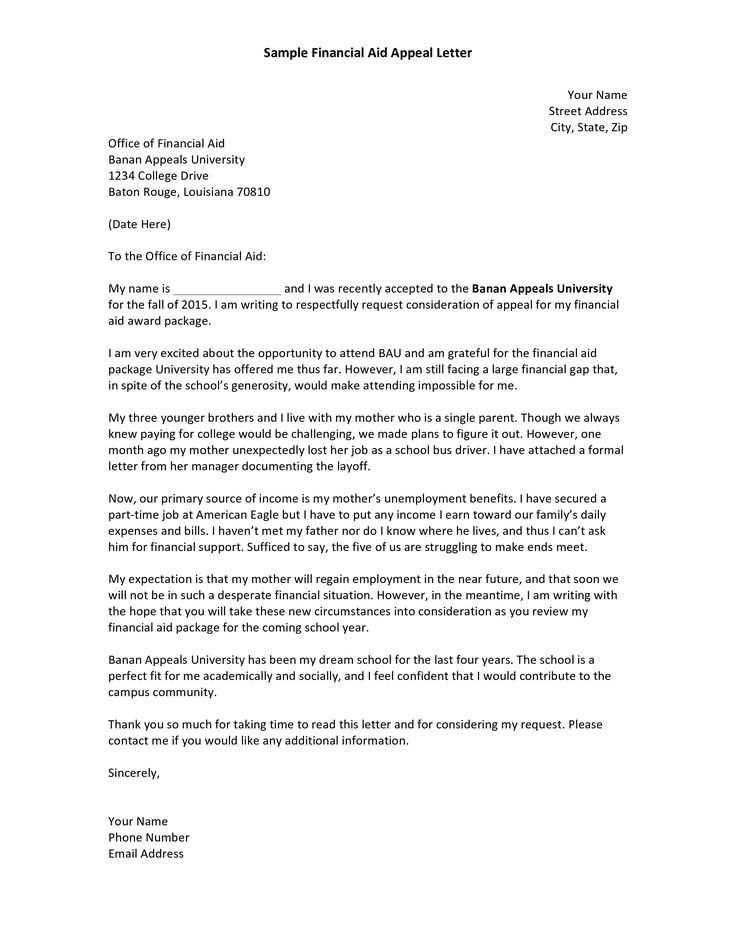
A clear structure is essential for making a strong case. Start with a professional greeting, followed by a concise summary of the situation. Then, elaborate on your reasoning and evidence, and conclude by politely requesting a reassessment. Keep the tone formal and respectful.
Avoid Common Errors
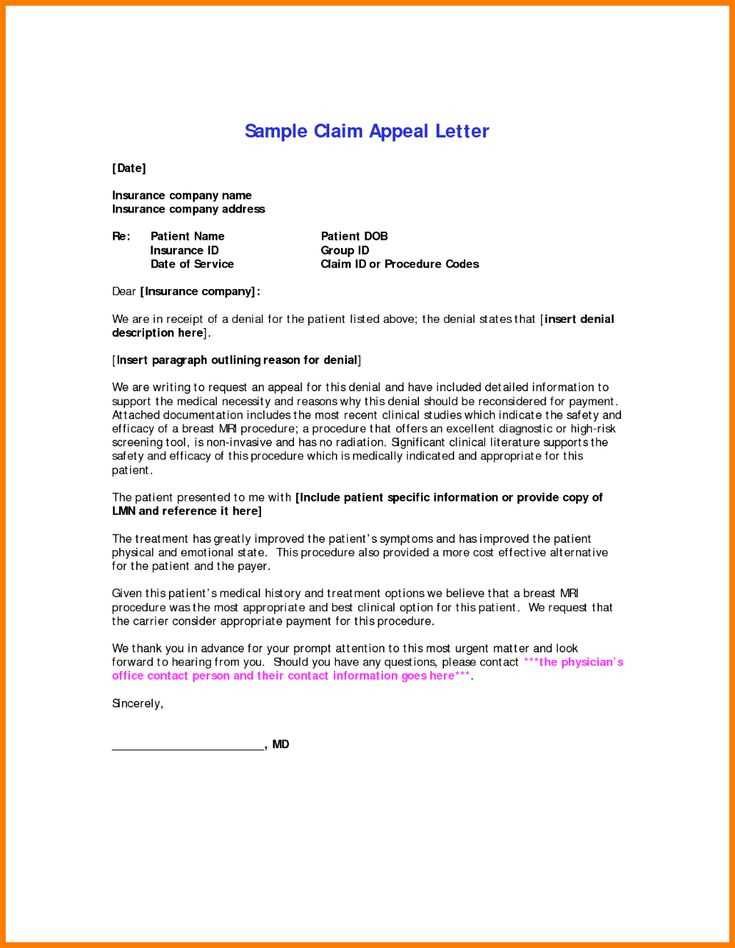
There are several common mistakes people make when crafting their request. Here are a few to watch out for:
- Not including all relevant details, which could delay the process.
- Being overly emotional or confrontational, which may undermine your case.
- Submitting incomplete or unclear evidence, making it hard for the reviewer to assess your situation.
What to Do After Submitting
Once you’ve submitted your request, it’s important to track its progress. Some insurers may provide a timeframe for a response, while others might require follow-up. If you don’t hear back within a reasonable period, contact the appropriate department to inquire about the status of your submission. Keep a copy of everything for your records.
Understanding the Process of Contesting a Decision
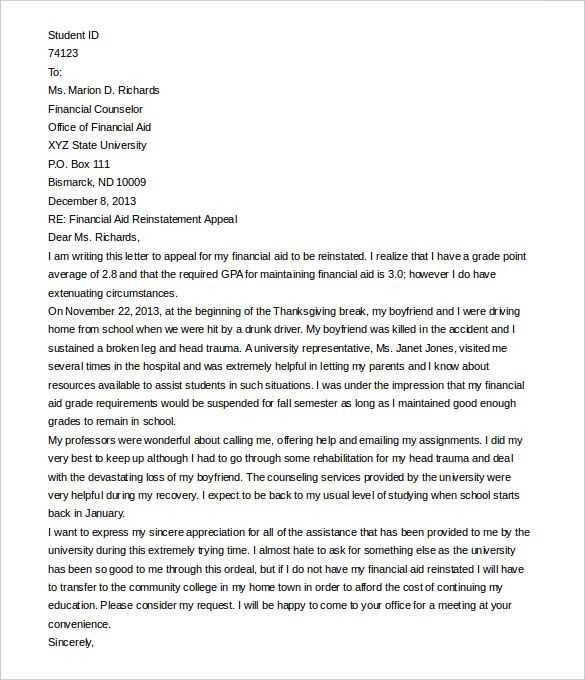
When you disagree with a decision made regarding your health coverage, you have the right to challenge it. This process involves submitting a formal request to reconsider the ruling. A strong, well-structured appeal is crucial to improve your chances of a favorable outcome. Knowing how to properly prepare this request can significantly impact the result.
Why Challenging a Decision Matters
It is essential to understand the significance of contesting a denial. In many cases, a review of the initial decision may reveal errors, misunderstandings, or missed information that could lead to a reversal of the decision. A strong submission ensures your voice is heard, giving you a better chance at receiving the benefits you are entitled to.
Drafting a Persuasive Request
To craft a compelling challenge, your request should be clear, concise, and supported by relevant evidence. Begin by clearly stating why the decision is incorrect, providing a logical argument backed by documents such as medical records or bills. Ensure the tone remains professional, presenting your case without becoming emotional or overly confrontational. Focus on presenting facts and evidence that substantiate your claim.
Common pitfalls to avoid include incomplete documentation, vague explanations, or failing to follow the outlined submission process. These mistakes can delay your request or result in its rejection. Make sure everything is in order before submitting.
What Happens Next?
After you have submitted your request, the review process begins. Depending on the insurer or institution, this can take anywhere from a few weeks to several months. It’s important to follow up regularly to track the progress of your case. If additional information is required, be sure to respond promptly to avoid unnecessary delays.
Once a decision has been made, you will be informed of the outcome. If the decision is still unfavorable, you may have further options to appeal or escalate the issue to a higher level.